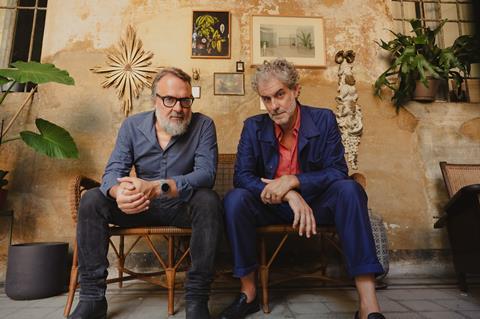
Arsa, directed by Masbedo, a pair of visual and moving image artists comprising Nicolò Massazza and Iacopo Bedogni, premiered in the Freestyle section of the Rome Film Festival.
The film is about an introverted young woman called Arsa,, played by Gala Zohar Martinucci, who lives alone on the edge of an island. Three men arrive on the island and rent a holiday home. One, Andrea, becomes in thrall to the enigmatic woman. Jacopo Olmo Antinori co-stars.
Masbedo have worked together since 1999 and live in Milan and Piacenza. Their work spans video, installation, cinema, performance, avant-garde theatre and sound design. It has been exhibited in museums and art institutions as well as film festivals such as Locarno, Venice, Rotterdam and CPH:DOX.
Arsa is produced by [Beatrice Bulgari’s Eolo Film Productions and Luca Bradamante’s Alción with Rai Cinema. Fandango is handling distribution in Italy.
iven your background in moving image artwork, why have you chosen to make a feature film? Is this an extension of your artwork or something completely new?
It’s not an extension. The work we do in moving images is a work of research and experimentation. [Cinema] has a different form – a narrative structure. Cinema is a different opportunity to work with images through the more rigid structure of screenwriting. It’s a very fertile journey for us. It brings us energy and new ideas.
How did you fund the film?
It wasn’t difficult at all. We were very lucky, actually, because we had the opportunity to work with two production companies [Beatrice Bulgari’s Eolo Film Productions and Luca Bradamante’s Alción] that supported us. From day one, they embraced the project, especially Beatrice Bulgari, who was the first producer.
The main difference between an artist making a film and a director making a film is that a director would always try to tame the dream of the project to the reality that they know. While an artist keeps alive the wild, animal side of their creativity. We were lucky, the two producers believed in the project.
GIt was filmed on the volcanic island of Stromboli – what was the experience of filming there like?
We have a very personal relationship with Stromboli. We go there in our free time as well. The idea for us was to use the island as a magnifying glass to focus on the different characters and personalities and to single them out. We had spent time in Iceland as well, and we [were inspired by] Jules Verne’s Journey to the Centre of the Earth where the [protagonists] travel down an Icelandic volcano and then up to Stromboli. It was the idea of transferring this incredible energy, which is provided by nature. It was very important for us to set the film there.
How would you describe your film and the themes that it explores?
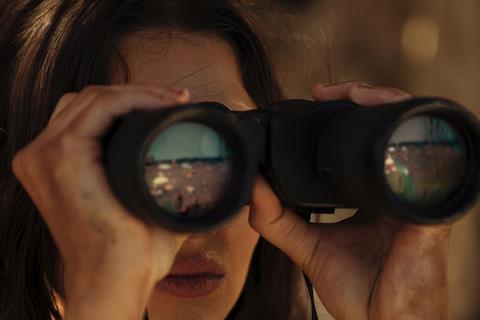
We wanted to explore how a very young girl can live by herself given the loss of her father. Arsa is very strong and mysterious. She had this extraordinary craftsman father who, despite his poverty, was able to give her strength and to teach her the power of dreams and imagination. It is an example of how, from nothing, you can build up a very rich inner life and very fulfilling universe. Every human being can do so.
[In the film] two young people experience the tragic loss of a father, and they deal with it in two completely different ways. Arsa is able to go on the journey of mourning and build her own personal desires; Andrea is unable to come to terms with the loss of his father.
When he lands on the island, there’s a very important scene where he has little notes that his father has left in the car. He preserves those little notes, a clear example of how he’s unable to overcome the loss. It’s two very different sensitivities that come in touch with one another.
What are you going to do next? Are you returning to your artwork, or will you make another film?
We will continue our journey in visual arts, but also in film making. We love to be cross disciplinary, fully fledged artists. We will continue our usual activity in terms of exhibitions in museums etc, but also will carry out more ambitious and complex projects. We manage to have an identity as artists who do not belong to a specific territory. We try to avoid any attempt to be labelled. We are not directors and neither are we fully-fledged artists.













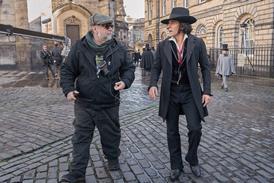
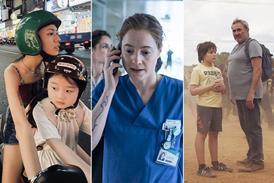
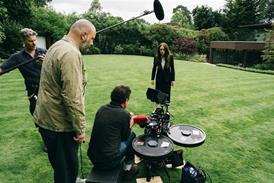







No comments yet